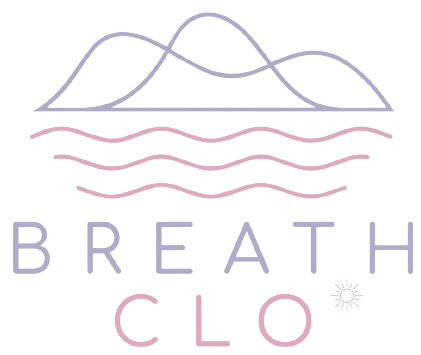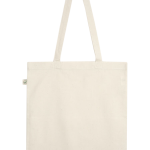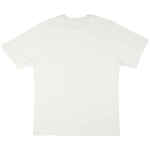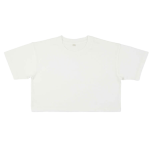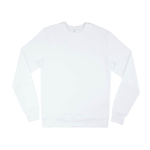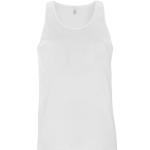Breath Clo.
Greetings everyone! At Breath Clo, we’ve been pondering how to ensure that our clothes meet the standards of social responsibility and environmental protection that are associated with eco-fashion. We recently discovered that terms like ‘sustainability’ and ‘sustainable product’ are unregulated, and can be used by anyone for anything. These buzzwords may be employed in marketing messages to drive sales, but they’re not necessarily sustainable, either socially or environmentally. That’s why we’ve put together a blog post highlighting a range of well-known quality seals. By examining these seals, you can be confident that you’re purchasing clothing that has been produced in a socially and ecologically responsible way, without harmful substances and of high quality. We use these seals ourselves at Breath Clo and encourage you to give them a read.
Earth Positive
Earth Positive stands for organic, ethical, and climate-neutral clothing. The company adheres to multiple industry standards, including GOTS, FWF, and Oeko-Tex. This means that their products meet strict environmental and social criteria. Additionally, the company ensures that its products are packaged in an eco-friendly way and transported without air freight.
Global Organic Textile Standard (GOTS)
The Global Organic Textile Standard (GOTS) is the top processing standard for organic fibers worldwide. It includes both ecological and social criteria and guarantees independent certification of the entire textile supply chain. Products that are certified and sold without any chemical processing or printing can bear the GOTS logo. Garments that are printed according to the organic standard by licensed printers can also carry the GOTS logo at the point of sale.
OEKO-TEX STANDARD 100
The OEKO-TEX® Standard 100 is a certification system that independently tests textile raw materials, intermediate, and end products at every stage of production. The testing for harmful substances focuses on the actual use of the textile, with more intensive skin contact requiring stricter human ecological requirements. This certificate meets the highest standard, Class I, which is for textile items intended for babies and toddlers up to 3 years old. To receive certification according to OEKO-TEX® Standard 100, all components of a product must meet the required criteria, including the outer material, sewing threads, linings, prints, and non-textile accessories such as buttons, zippers, and rivets.
Since 1992, the OEKO-TEX® Standard 100 has been ensuring confidence in textiles through independent testing for harmful substances, making sure that textile products of all types do not pose any risk to health. The OEKO-TEX® label indicates that the clothing or other textile products have undergone testing for skin-friendliness and safety, providing interested consumers with important information to make informed purchasing decisions.
Fair Wear Foundation
Fair Wear is a non-profit organization working independently to enhance working conditions in the textile industry. The initiative was founded by trade unions, non-governmental organizations, and trade organizations in the textile sector.
The organization ensures that its members implement the Code of Labor Practice in their entire supply chain and monitor compliance by conducting audits and remediation efforts. Both Fair Wear and member companies provide annual reports to encourage transparency at all levels.
Vegan – PeTA Approved
The rise of vegan fashion is transforming our shopping and dressing habits. This entails clothes, shoes, and accessories that do not contain any animal-derived materials, including leather, fur, wool, skin, and exotic skins. As more people pledge to avoid clothing made from animal cruelty, designers and retailers are responding with stylish animal-friendly options.
While many mainstream stores now offer fashionable animal-free products, some companies take it a step further by ensuring that all of their products are 100% vegan or by clearly labeling their vegan items. The “PETA-Approved Vegan” logo is a way to recognize these compassionate businesses, and to help ethical shoppers find where to confidently shop, knowing that they are not supporting animal exploitation.
CO2e reduction
The carbon footprint (CO2e) encompasses all greenhouse gas emissions, including carbon dioxide, methane, and nitrous oxide, that are released throughout the entire lifecycle of cotton production, from cultivation and harvesting to fiber processing, textile production, packaging, transportation, and warehousing.
The EarthPositive® products have reduced their carbon footprint by approximately 90% by implementing a blend of innovative product design, organic agriculture with low impact, efficient manufacturing, and switching from conventional grid electricity to renewable wind power.
According to the calculations, an EarthPositive® T-shirt can reduce approximately 7 kilograms of CO2e in comparison to a traditional T-shirt, while a hooded sweatshirt can save up to 28 kgs of CO2e.
